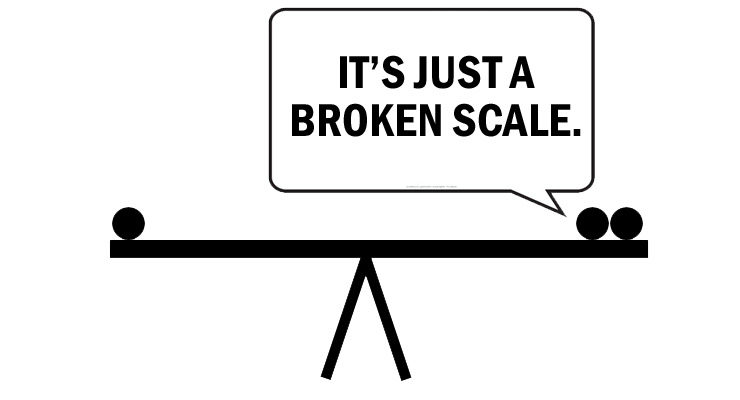 Some interesting new research was recently published in an article in the California Law Review by election experts Nicholas Stephanopoulos of Harvard Law School and Jowei Chen of the University of Michigan at Ann Arbor. Take a look at the research abstract:
Some interesting new research was recently published in an article in the California Law Review by election experts Nicholas Stephanopoulos of Harvard Law School and Jowei Chen of the University of Michigan at Ann Arbor. Take a look at the research abstract:
What would happen if states stopped equalizing districts’ total populations and started equalizing their citizen voting age populations (CVAPs) instead? This is not a fanciful question. Conservative activists have long clamored for states to change their unit of apportionment, and the Trump administration took many steps to facilitate this switch. Yet the question remains largely unanswered. In fact, no published work has yet addressed this issue, though it could be the most important development of the upcoming redistricting cycle. In this Article, we harness the power of randomized redistricting to investigate the representational effects of a different apportionment base. We create two sets of simulated maps—one equalizing districts’ total populations, the other equalizing their CVAPs—for ten states with particularly small CVAP shares.
We find that minority representation would decline significantly if states were to equalize CVAP instead of total population. Across the ten states in our dataset, the proportion of minority opportunity districts would fall by a median of three percentage points (and by six or more percentage points in Arizona, Florida, New York, and Texas). On the other hand, the partisan impact of changing the unit of apportionment would be more muted. Overall, the share of Republican districts would rise by a median of just one percentage point. This conclusion holds, moreover, whether our algorithm emulates a nonpartisan mapmaker or a gerrymanderer and whether it considers one or many electoral environments. In most states—everywhere except Florida and Texas—switching the apportionment base simply does not cause major partisan repercussions.
Also, see related Democracy Chronicles articles like those on the Journalism and Free Speech, Election History, or even seen our section on American Democracy.
Leave a Reply